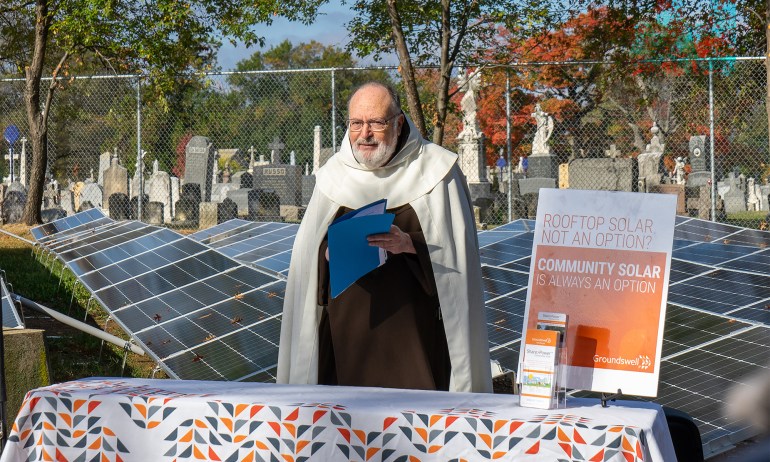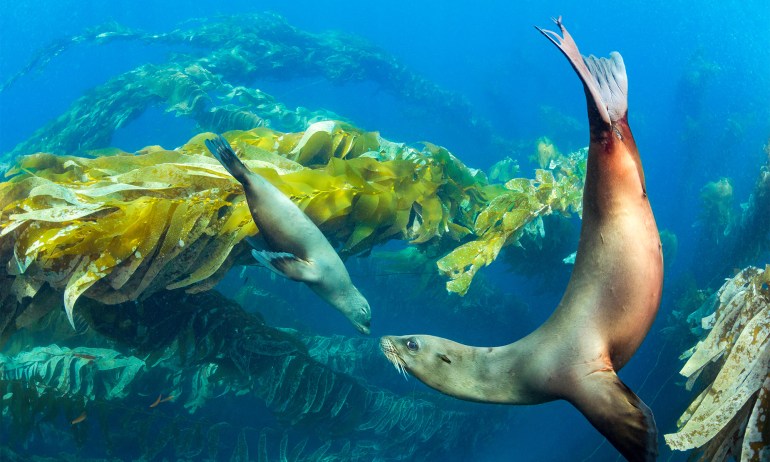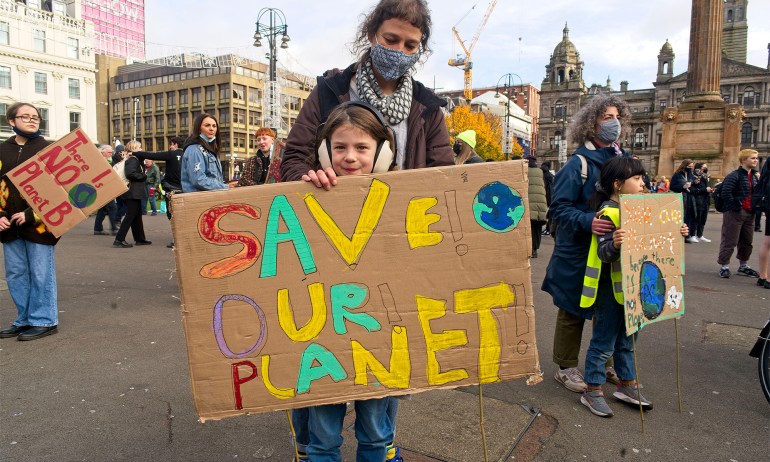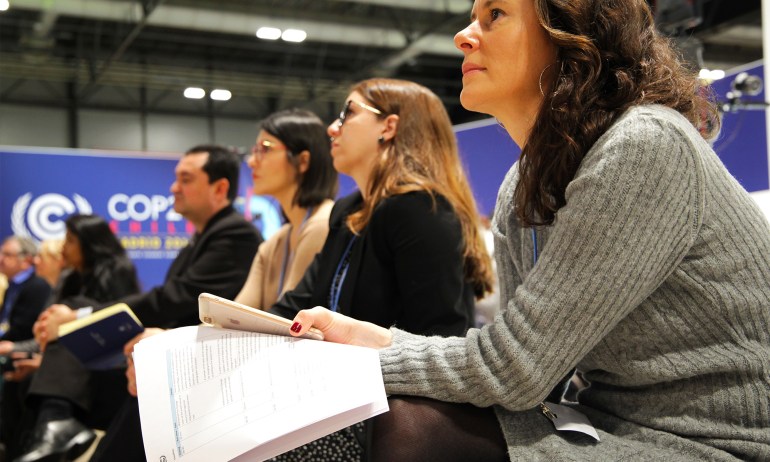
Here’s one way to make solar energy more affordable and accessible: Share it with your neighbors
In the US, community solar projects could provide people in low-income communities with clean, cheaper energy while also transitioning them away from planet-polluting fossil fuels.

Net-zero emissions is a great goal for companies to set — but really hard to reach. Here’s why
Hundreds of companies have set ambitious targets to reach net-zero carbon emissions by 2050. But what does i take to get there? And, more importantly, will it be enough to slow climate change? Environmental economics experts Oliver Miltenberger and Matthew D. Potts explain the challenges and opportunities.

From solar panels to electric vehicles, all sorts of exciting technologies are being used to address the climate crisis. But some solutions already exist in the natural world. Seaweed — yes, seaweed — could help us absorb carbon emissions, generate marine protein and replace petroleum-based products.




